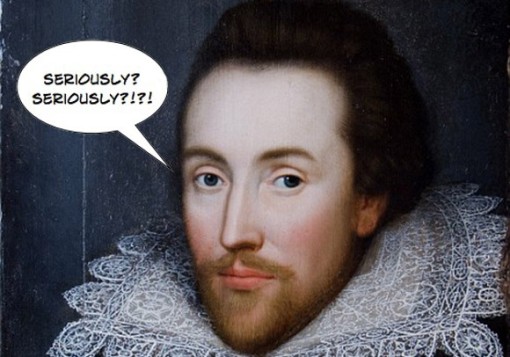
What do you do if you are an obscure language group in Austin, Texas looking for attention? You declare “Web 2.0” the one millionth word in the English language. So says the Global Language Monitor, which looks at usage of words on the Web and adds them to its online dictionaries. “Web 2.0” has been in common usage for a long time, even though Merriam-Webster does not yet recognize it. But interest in the term peaked long ago, and everyone is pretty much ready to move on now. Even John Battelle and Tim O’Reilly, who popularized the term with their Web 2.0 conferences, realize the term is stale. They are looking to extend their brand by calling their next conference “Web Squared.” I guess Web 3.0 was taken.
Kudos to the Language Monitor for picking the one word guaranteed to get them coverage. I just don’t think that “Hai Joi” (Word No. 999,999) or “Noob” (No. 999,998) would have elicited the same response. However, their definition is not so great:
Web 2.0 – The next generation of web products and services, coming soon to a browser near you.
Someone should tell the folks at Language Monitor that Web 2.0 is already here and has been in our browsers for the past few years. Even though it is an quasi-official word now, everybody still has trouble defining it. Here is O’Reilly’s original dissertation on the subject. And his so-called “compact definition”:
Web 2.0 is the network as platform, spanning all connected devices; Web 2.0 applications are those that make the most of the intrinsic advantages of that platform: delivering software as a continually-updated service that gets better the more people use it, consuming and remixing data from multiple sources, including individual users, while providing their own data and services in a form that allows remixing by others, creating network effects through an “architecture of participation,” and going beyond the page metaphor of Web 1.0 to deliver rich user experiences.
Here’s my definition: It’s the modern Web. Period. Can we move on now?